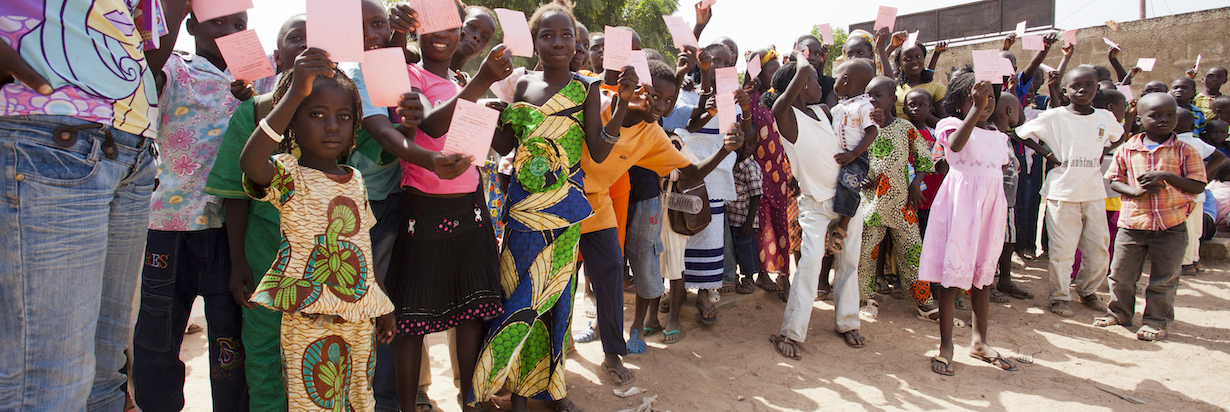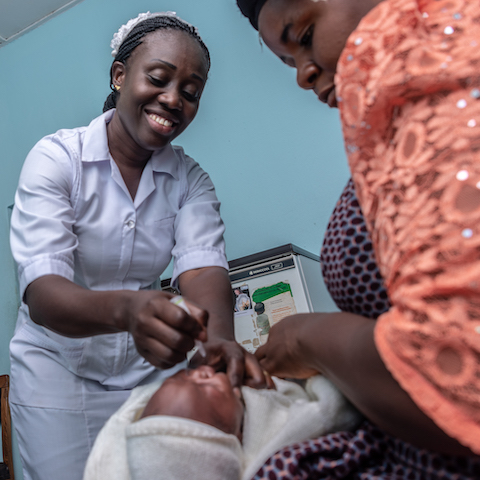
From 22 to 28 April 2019, African Vaccination Week (#AVW2019) will unite the African region to strengthen immunization services and systems so that everyone, everywhere, is protected from vaccine-preventable diseases.
Vaccine-preventable diseases claim the lives of more than half a million children younger than 5 years every year in Africa – representing 56% of the global deaths related to vaccine-preventable diseases. Immunization is critical to preventing these deaths and helping children everywhere survive and thrive. The African region has made tremendous gains towards increasing access to immunization in the past two decades. But we need to redouble our efforts – too many African children still live without access to life-saving vaccines.
AVW2019 will celebrate the strides made in combating life-threatening diseases, increase awareness of the importance of vaccines and build momentum for increased access to immunization.
This year’s theme, “Protected Together: Vaccines Work!” calls for greater collective action on immunization in the African region, underscoring the role that everyone has in this effort. African Vaccination Week 2019 also calls on us to celebrate vaccine heroes from across the continent who have been inspiring and integral to the delivery of vaccines and to saving lives.
Related links:

Making babies cry with a vaccine gives a nurse in Nigeria great joy
“I love to put smiles on people’s faces. When people come with their problems and I’m able to take care of them and they leave smiling – with that kind of smile I get great satisfaction,” says Naomi Kahansim, a registered nurse and midwife in the Plateau State Specialist Hospital in Jos, Nigeria, where she tends to pregnant women and immunizing babies up to a year old. She specialized in midwifery because she wanted “to give my best to one area”, but ultimately, as a midwife, “you’re helping to bring people into the world.” And that is the greatest joy, she says. Kahansim and her colleagues immunize 20–30 babies a day typically, but, unfortunately, 99% of her patients only cry when they see her. Thinking of how she makes all those babies cry makes her laugh out loud. Because it, too, is a joy. “It’s a thing of joy to prevent them from coming into contact with diseases that are preventable.”


